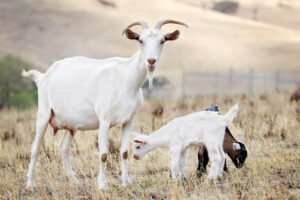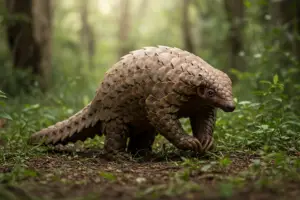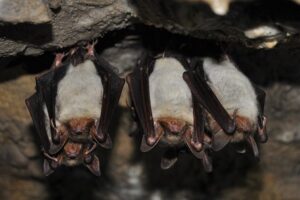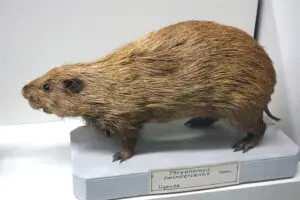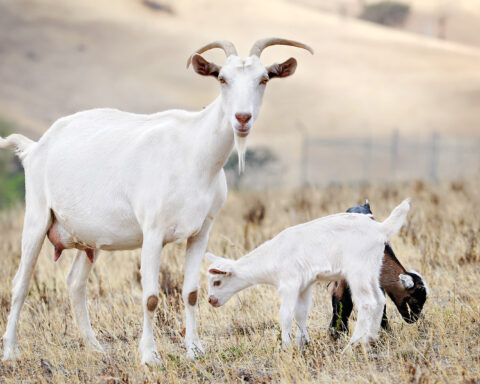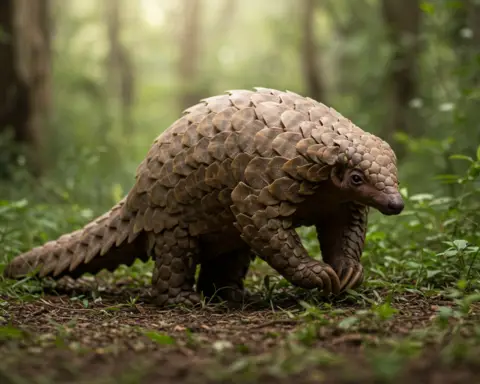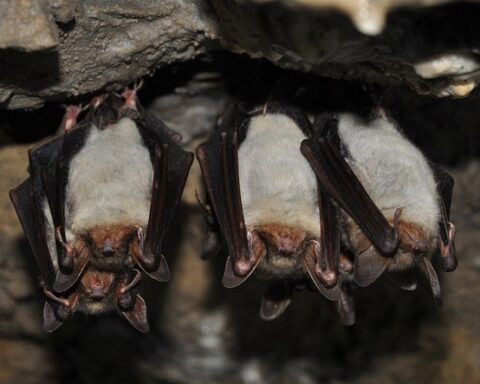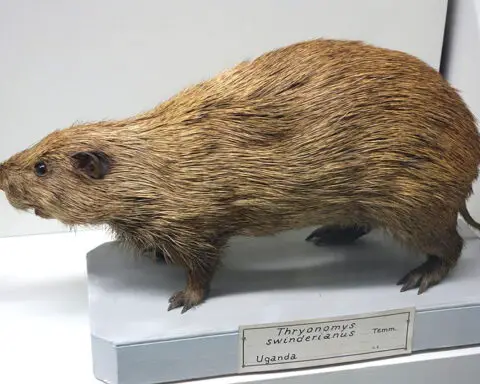Pets are beloved family members and can bring immense joy to our lives. But, it’s important to remember that taking care of a pet requires more than just providing food and shelter. Taking the time to properly care for your pet is essential in ensuring their health, safety, and happiness. From establishing good grooming habits to providing mental stimulation through playtime activities, there are many ways you can make sure your furry friend stays happy and healthy. In this article, we will provide tips on how to take proper care of your pets so they can lead long and contented lives.
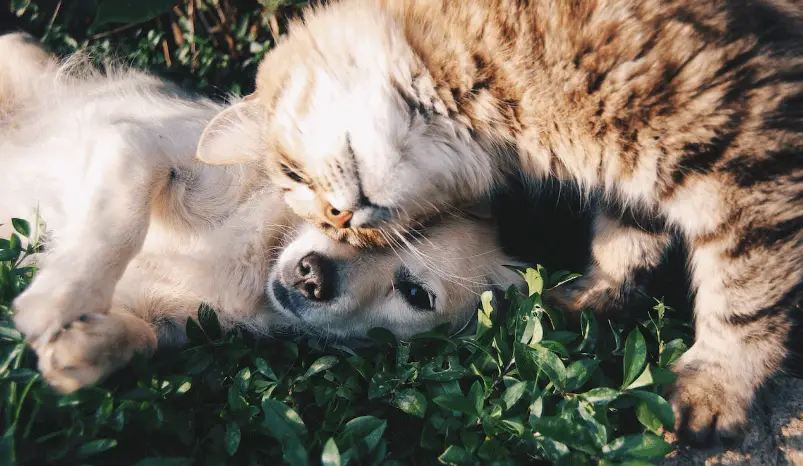
Pet Insurance
One of the first steps in caring for your pet is to purchase pet insurance. Pet health insurance can help cover unexpected medical costs, such as accidents or illness if your pet becomes injured or ill. The folks at www.embracepetinsurance.com note that this type of insurance often covers routine and preventative care services like vaccinations, deworming, and flea treatments. By investing in pet insurance you can protect yourself from high veterinary bills and make sure that your pet gets the care they need in an emergency.
Grooming
Your pet’s grooming habits are also important to its overall health. Taking the time to brush their fur regularly can help remove dead hair, prevent matting, and keep their coat healthy. Similarly, providing regular baths with pet-appropriate shampoo can help keep their skin and coat clean, healthy, and free of parasites. Additionally, brushing your pet’s teeth daily is important for maintaining its dental health. Finally, trimming your pet’s nails is important for avoiding ingrown nails and other issues related to long nail growth. When it comes to grooming, it’s important to be gentle and consistent with your pet so that they get used to the process.
Exercise
Regular exercise is important for the health of any animal including pets. Providing ample opportunities for physical activity will help keep them healthy and in shape over their lifetime. Taking your pet for walks, playing fetch, or engaging in other active games are all ways to get them moving. If you have an indoor animal like a cat, providing interactive toys such as scratching posts and laser pointers can help keep them stimulated. Exercise helps maintain your pet’s weight, and muscle tone, and reduces stress levels. Additionally, it is beneficial to mental health, as it encourages exploration and reduces boredom. Be sure to monitor your pet’s exercise levels, since too much exercise can be detrimental, especially in puppies or kittens. Exercising with your pet is a great way to bond and have fun together.
Nutrition
A balanced diet that meets the needs of your individual pet is essential for their health. Pet foods should be tailored to the age, breed, size, and activity level of your pet. You can also supplement their diet with fresh fruits and vegetables or other natural ingredients that are safe for pets. It’s important to remember not to overfeed as this can lead to obesity which puts strain on the heart and other organs. Additionally, you should always provide a fresh and clean supply of water as this helps keep them hydrated.
Mental Stimulation
Beyond physical exercise, it’s important to provide your pet with mental stimulation too. This can be done by teaching them new commands or tricks, playing games such as hide-and-seek or tug-of-war, or providing interactive toys. Mental stimulation helps keep your pet’s mind active and can help reduce stress levels. If you have the time and resources, enrolling your pet in obedience classes or agility courses can also help provide mental stimulation.
Veterinary Care
Finally, regular visits to the veterinarian are essential for maintaining your pet’s health. Vaccinations and parasite control are important in preventing diseases and infections. Additionally, a routine physical examination will help detect any underlying health issues that can be addressed before they become a larger problem. Regular check-ups will help ensure that your pet is in good health and on track for a long and happy life.
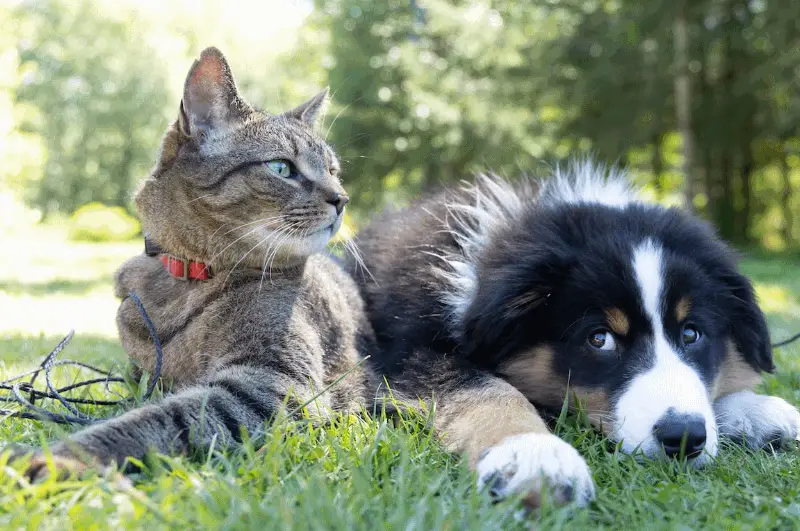
Taking care of your pet involves more than just providing them with food, water, and shelter. An important part of being a responsible pet owner is taking the time to ensure that they are provided with all of their needs, including grooming, exercise, nutrition, mental stimulation, and regular veterinary care. By providing these basic necessities for your pet, you can help them live a long and healthy life. Be sure to research your pet’s specific needs and consult a veterinarian if you have any questions or concerns. With the proper care and attention, you will be rewarded with a loyal and loving companion for years to come.

